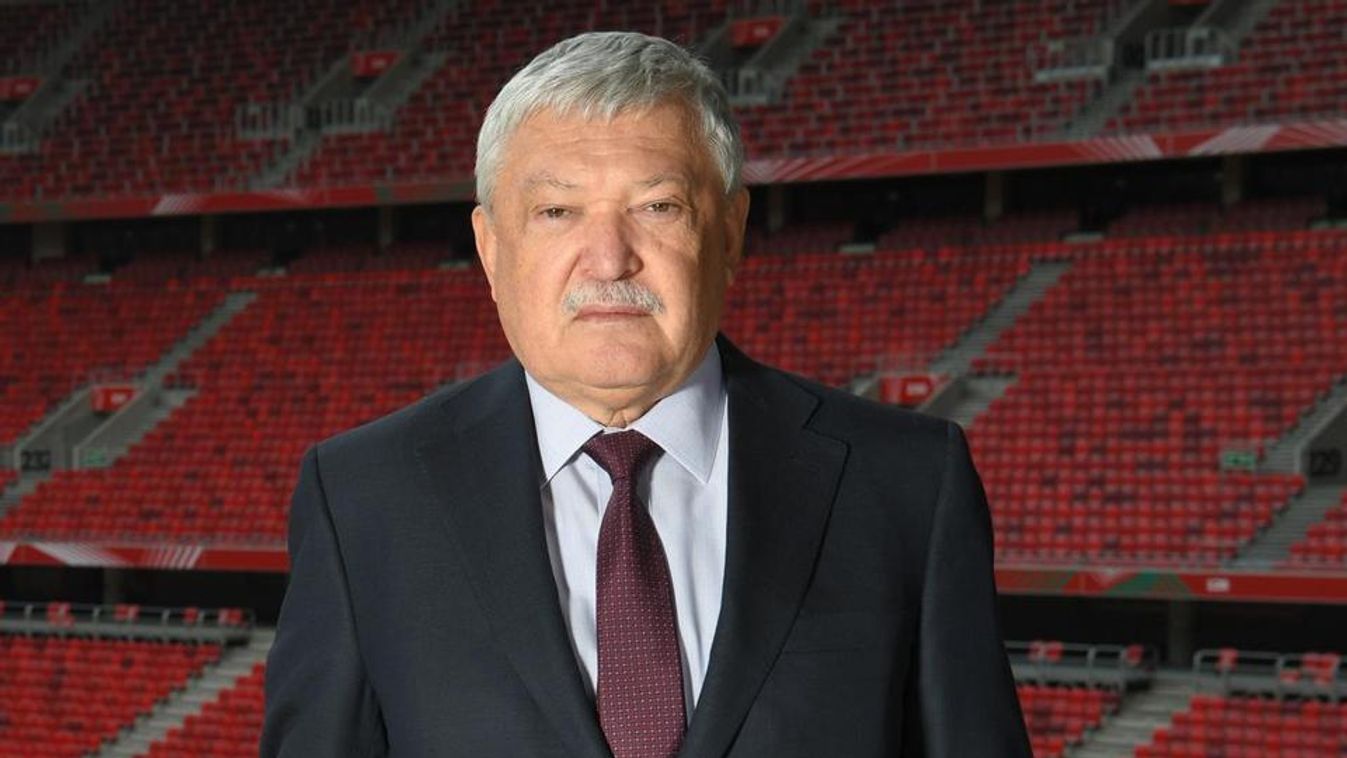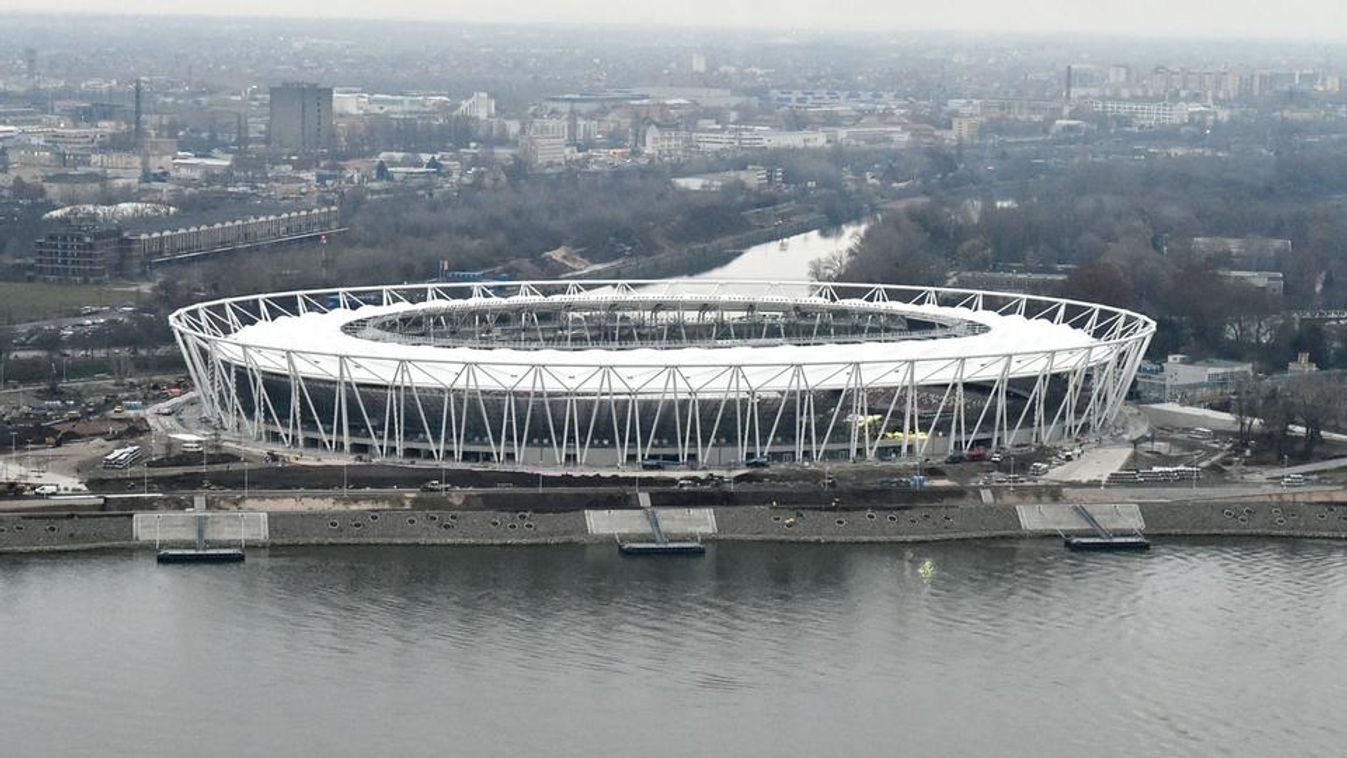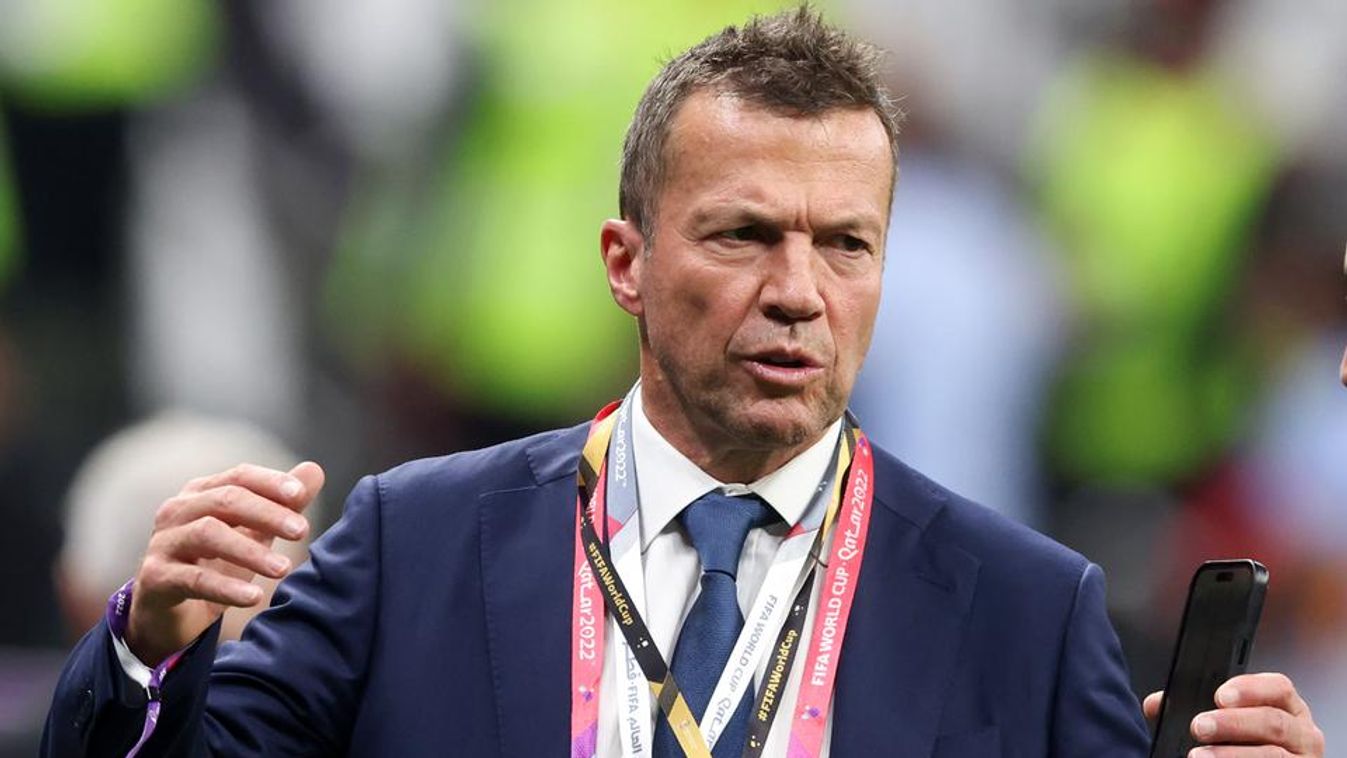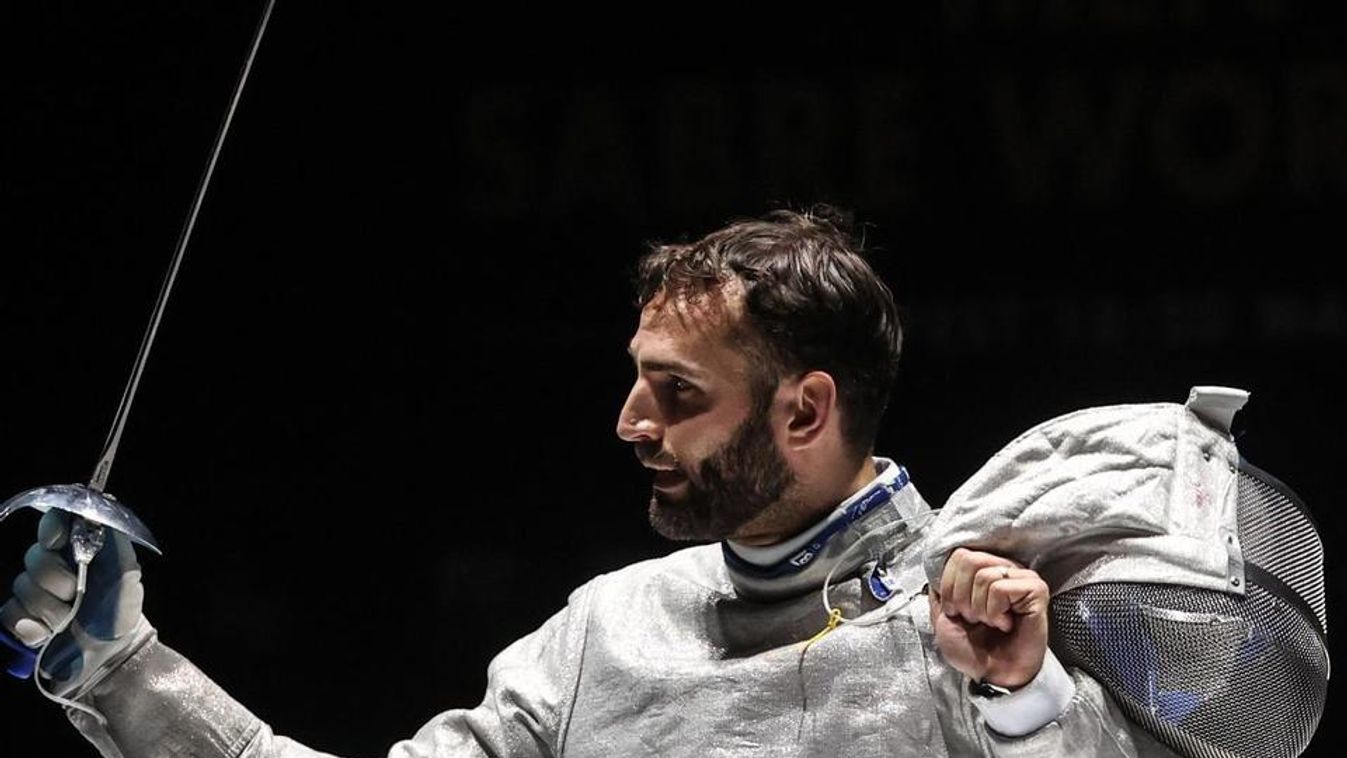Expedition in the empty room – Heights and Depths is a film about absence and mourning
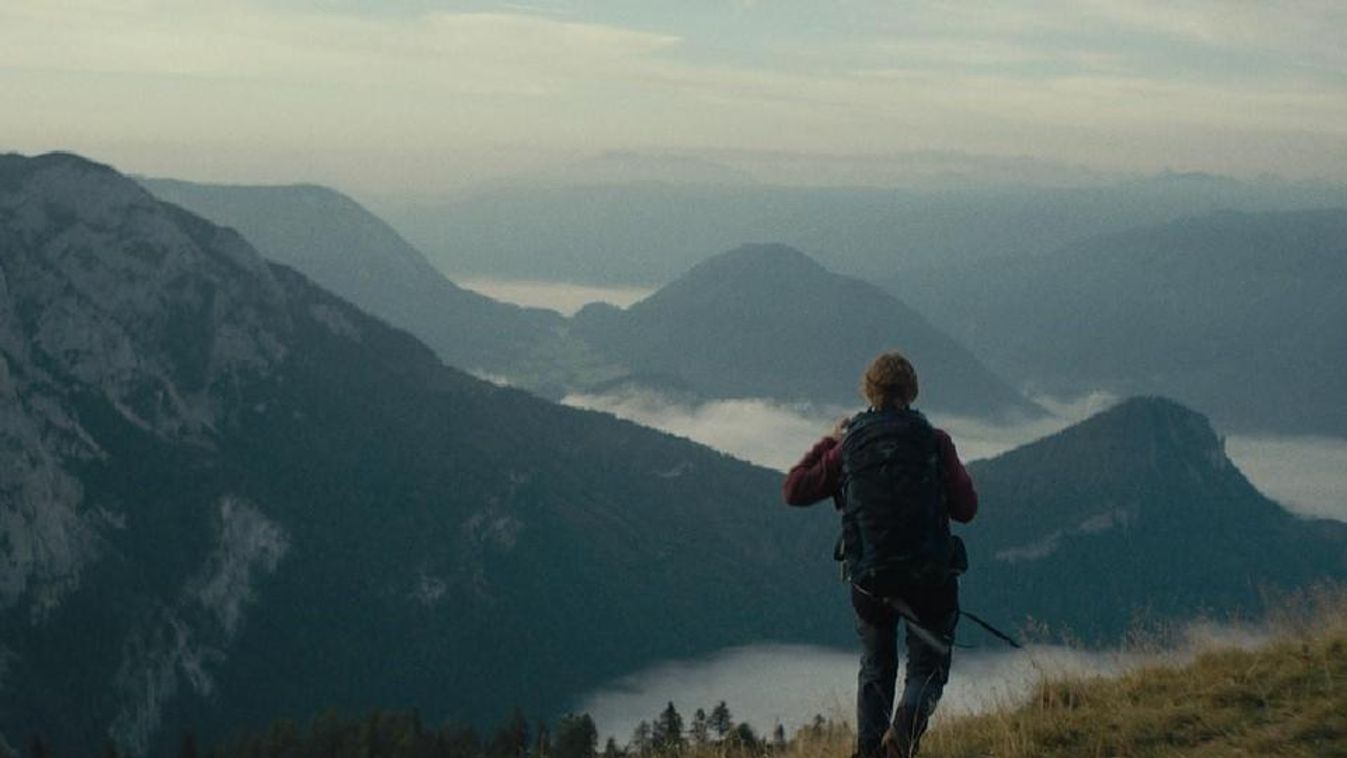
It is hard to find a more evocative description of the theme of the film Heights and Depths than writer László Németh's simile from 1934. First-time filmmaker Sándor Csoma's film tells the story of the death of Zsolt Erőss and its consequences from the wife's point of view with painful sharpness, yet with sensitivity to every shred of reality. Many were shocked by the events of the time: on May 20, 2013, the 45-year-old mountaineer reached the summit of Kangchenjunga at 8586 meters, but due to loss of time, he was unable to return to the base camp. His climbing partner, Péter Kiss, fell and died while he was lost. He was declared missing, which in most climbers' language means dead. Hilda Sterczer, who had previously undertaken several expeditions with her husband, was well aware of this, and amid the fake optimism of the posing-for-effect media, she announced in a live broadcast that no further rescue operations were necessary, Zsolt Erőss was dead.
With two orphaned children, she suddenly finds herself trapped "down there," caught in the uncertainty and turmoil of everyday life. The initial rushing terror, the wrenching sense of helplessness, and then the pain, disturbed by playground noises, kindergarten chatter, and everyday noises, is overwhelming through the screen too, thanks to Emőke Pál's tense and modest dramatic performance.
"Zsolt will now stay up there forever. But you have to come down from the mountain,” the psychologist (Ildikó Tóth) advises the mother of the family, who is becoming increasingly confused in her grief. Also, the sentence subtly alludes to a key scene from years earlier. The mountain climber couple, struggling with the bitter cold and wind, scraped a cave for themselves in the frozen snow with effort. Then, thousands of meters above sea level, in the deafening silence of the shelter, Zsolt Erőss enjoined his wife to try to get down safely on her own and leave her husband behind should something happen to him. Then, noticing her wife's frightened shudder, he adds firmly that she should have no doubts, he would leave her on the mountain too.
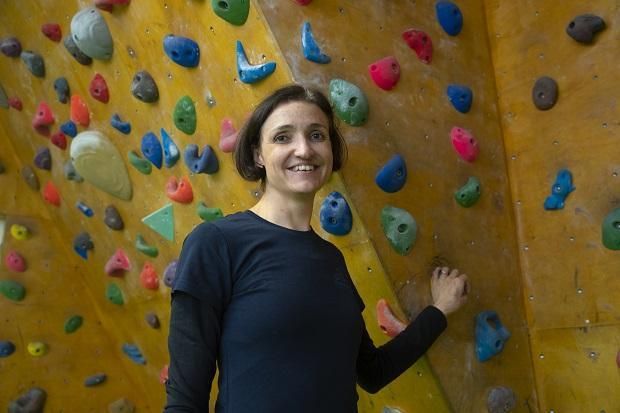
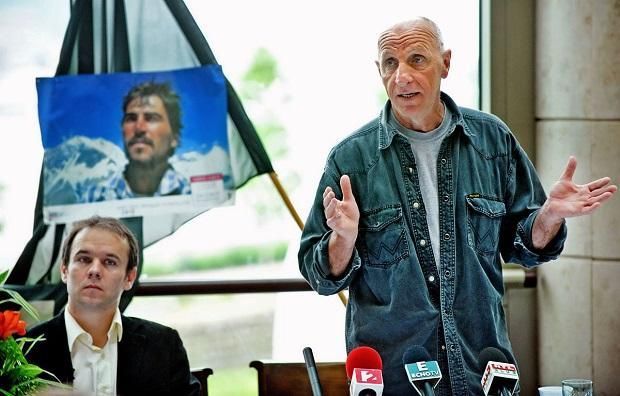
The 98-minute-long film, which has been screened in Hungarian movie theaters since September 22, is based on the tragedy of Zsolt Erőss but it is a mistake to expect that we will get an insight into the last adventure of the man who conquered the world's highest mountain, the 8849-meter-high Mount Everest, for the first time as a Hungarian. After his accident and amputation in 2010, the man, who relearned to walk with a prosthesis, was probably Hungary's best-known mountaineer. The general public followed his journeys as well as the media followed his tragic expedition. Yet, the sportsman portrayed by Zsolt Trill is more of a point of reference, a key character in the story whose fate leaves tantalizing dilemmas in its wake. "Could it be that, for the first time in his life, family was more important to him than mountain climbing?" the annoying reporter asks Hilda Sterczer on the live television show after making the guest read out loud her husband's pre-climbing personal message that indicates uncertainty. And while the viewers inevitably struggle together with the interviewee, who is cornered but resists with frenzied stubbornness, in the suffocating moments, they also sense that the phrase “for the first time in his life” is the truly offensive one in the sentence.
"Grief is still a taboo in our culture, with relatively few film and literary treatments. I find communication about it very important and value-creating. It's an event that everyone encounters several times in their lives, yet we are unable to react adequately, either from within or from without," said Sándor Csoma, a director known in the cinema industry for his short films (Nothing Really Happened, Tabula Rasa, Casting). “Before, I was strongly influenced by Sándor Márai's novel Peace in Ithaca, in which Márai portrays the hero Odysseus from the point of view of his wife Penelope and others. Penelope had to wait for her husband for many years while he goes to war, and then, out of some kind of inner restlessness, he sails away. I was surprised at how fascinating the perspective of those who are condemned to wait can be, or at the human drama behind the helplessness of having to watch the death of a loved one."
Homer's story in Márai's work offers an interesting parallel. When we read in book 4 of Odyssey that Penelope, we are reminded of the struggles we see in the film of the woman who loses Zsolt Erőss. Penelope, torn from her “mountain-nurtured lion,” sobs of lamentation to her suitors: “Hear me, my friends, for to me to the Olympian has given sorrow above all the women who were bred and born with me. For long since I lost my noble husband of the lion heard, pre-eminent in all manner of worth among the Danaans, my noble husband, whose fame is wide through Hellas and mid-Argos.”
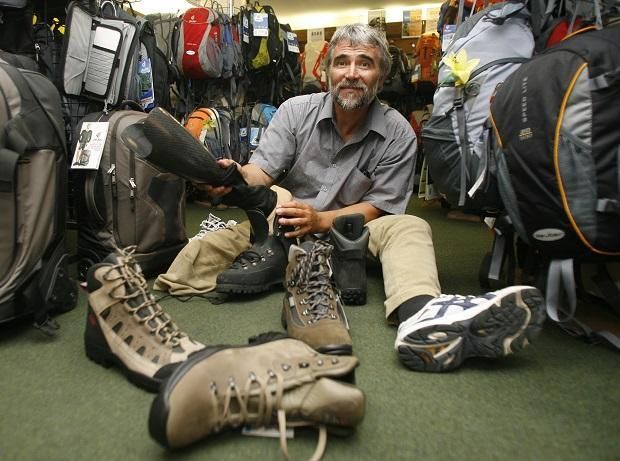
The Hungarian Odyssey of the 21st century is devoid of epical exaggerations, its virtue lies precisely in the authentic recording of the nuances of reality and in the astonishingly accurate portrayal of the soul. The example of Zsolt Erőss shows that climbing the highest peaks is a cruel struggle, but the story of Hilda Sterczer also makes us feel with great force that coming down from the mountain is perhaps an even greater test.
Hungarian feature film, 98 minutes, 2022 |
(The article was published in the Saturday supplement of Nemzeti Sport, in the October 1, 2022 issue of Képes Sport.")
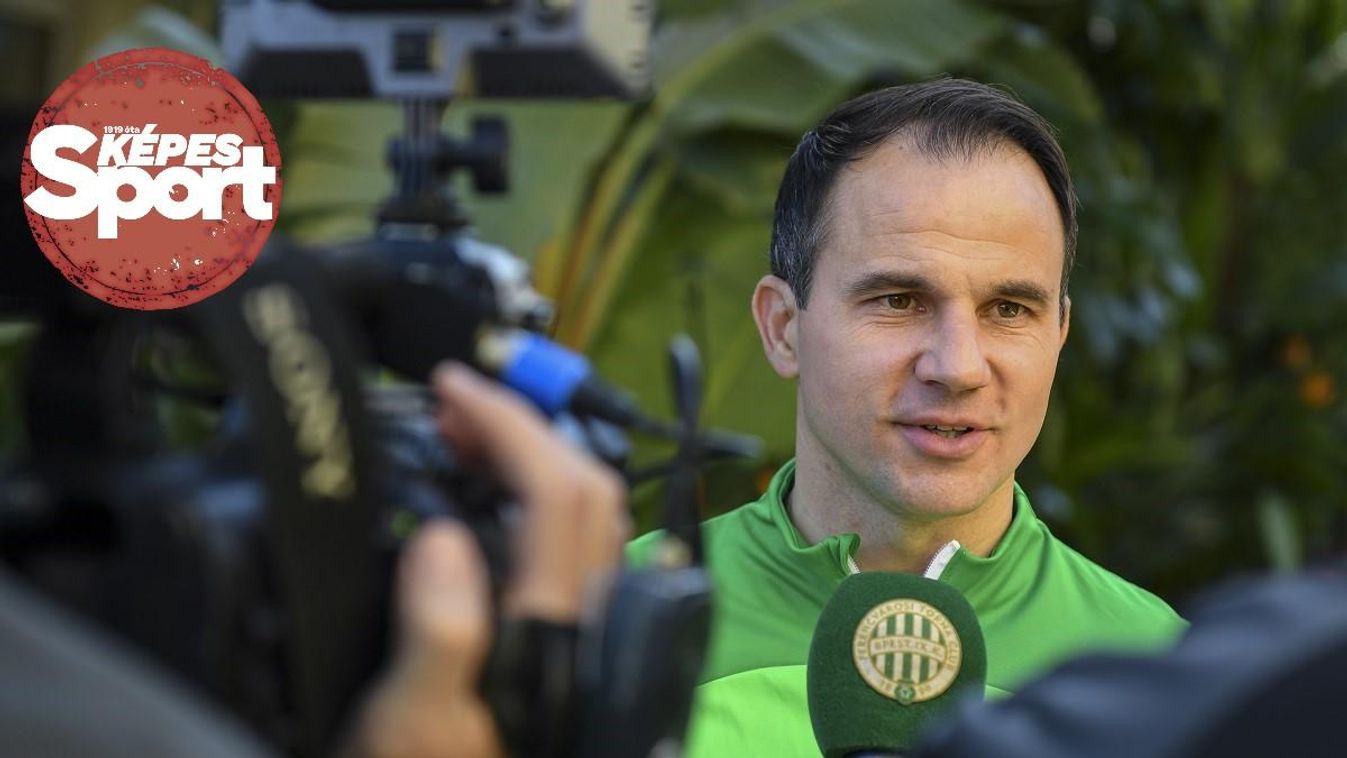
Tamás Hajnal: Ferencváros’ primary mission is success!

Davis Cup: Zoltán Nagy says the team did everything to win
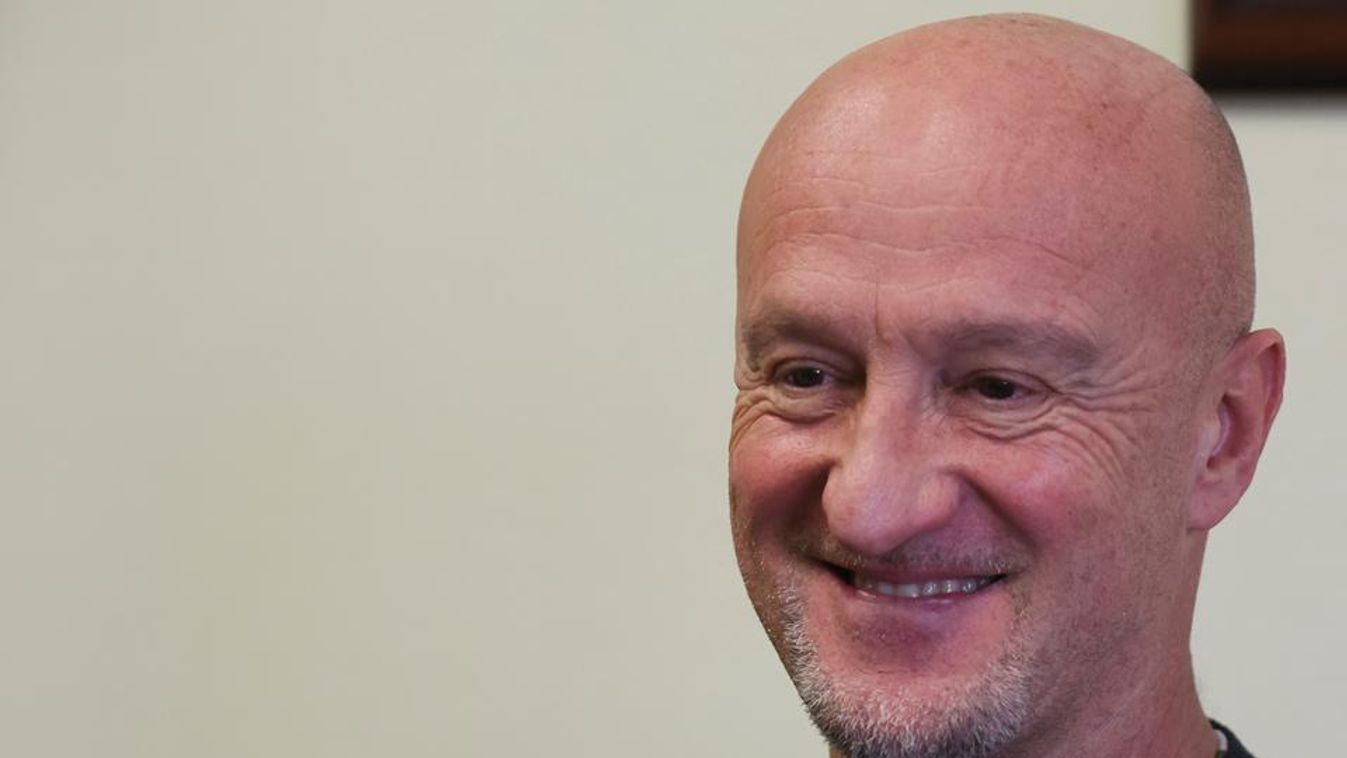
Marco Rossi: I would never have dared to dream of this!

Fegyverekkel árasztja el Amerika Ukrajnát - küszöbön a világháború

Háborús üzenetet küldött Oroszország Amerikának

Dárdai Pál nem maradhat! Szalai Ádám korábbi edzőjével tárgyal a Hertha

Donald Trump üzenete a CPAC Hungary-n + videó

Őrült tavaszi szerelem: 3 csillagjegyre most igazi boldogság vár
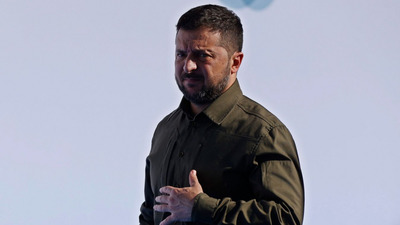
Pentagon-tanácsadó: elkerülhetetlen az ukránok veresége, ezután pedig a szomszédokhoz csatolhatnak területeket

G.w.M hatalmas titkot árult el születendő kisfiáról

Férfiak, figyelem, létezik az álomnő! A hatalmas mellű, szexi olasz focisztárt látva elfogynak a szavak

NB I: így eshet ki már a hétvégén a Kisvárda és maradhat benn az Újpest

Videó: az iráni MMA-harcos megrúgta a ringlányt, örökre eltiltották

Fehérvár: a válogatott védő bevethető, de távozni fog


